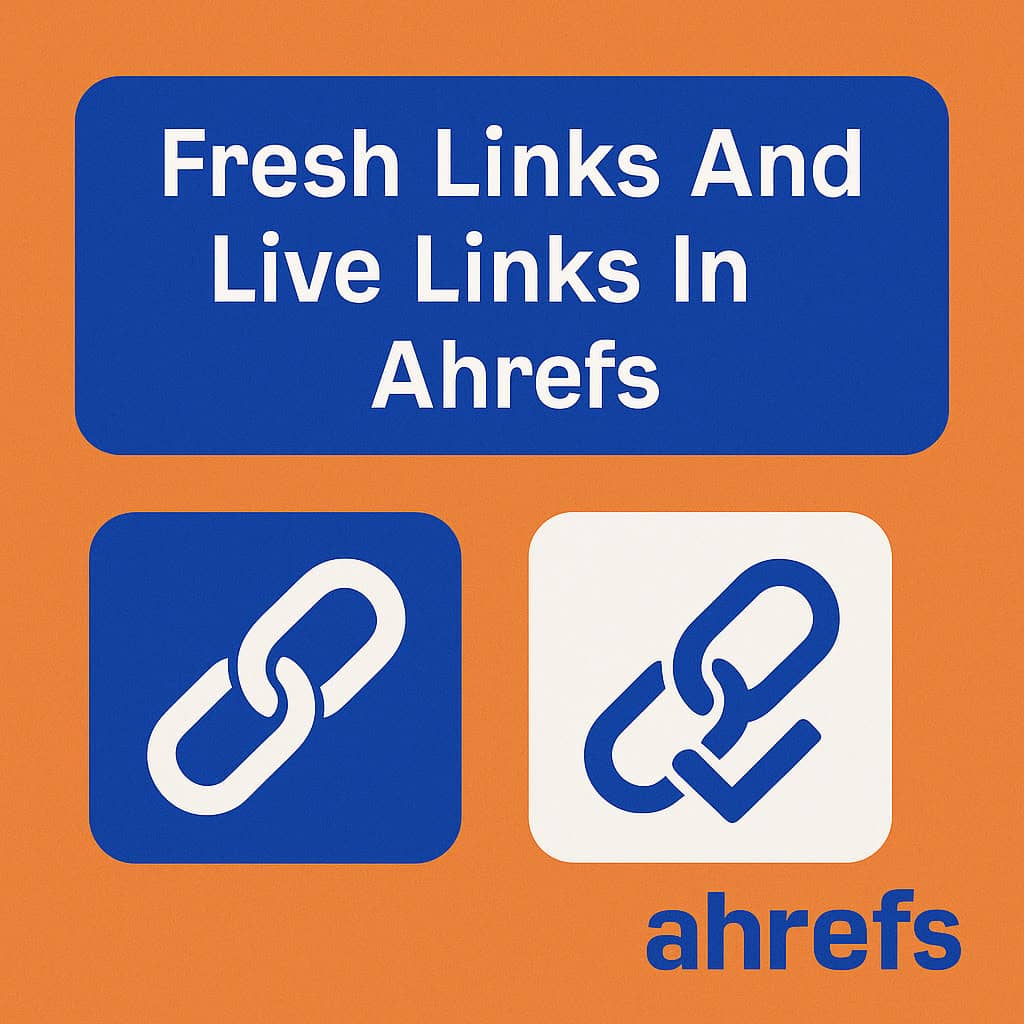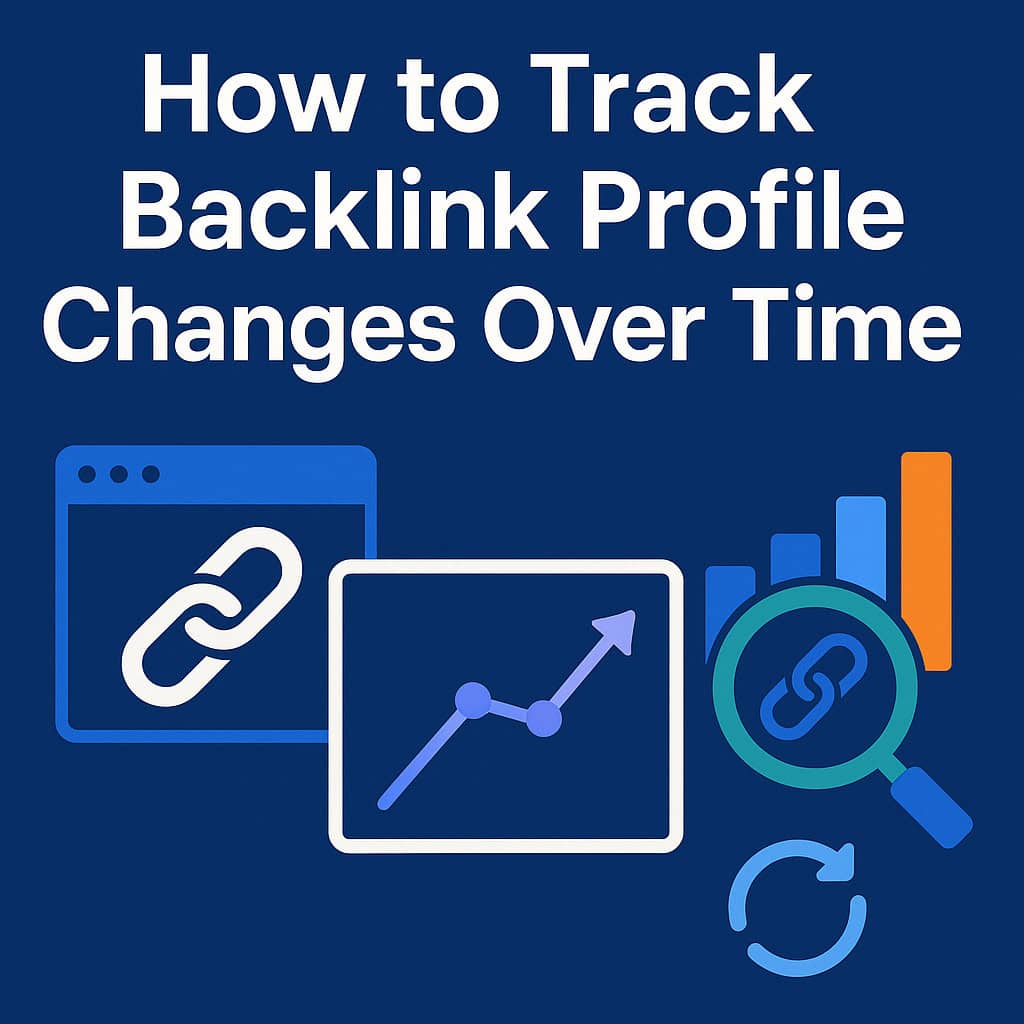How to Use a Meta Tag Extractor Tool to Improve Your SEO
Meta tags are one of the most overlooked yet powerful elements of on-page SEO. They help search engines understand what your page is about and influence how your website appears in search results. Whether you’re auditing your own site or analyzing a competitor’s, using a meta tag extractor tool can give you the insights you need — fast.
In this guide, we’ll walk you through how to use our free Meta Tag Extractor tool and how it can help you improve your SEO strategy.
What Is a Meta Tag Extractor?
A meta tag extractor is a simple tool that pulls key metadata from a web page, including:
Title tag – This is what appears as the blue clickable link in Google search results.
Meta description – A short summary that shows under the title tag.
Meta robots tag – Tells search engines whether they should index or follow the page.
These elements are crucial for SEO and user engagement. If your title or description is missing, too long, or poorly written, it could hurt your click-through rate — or worse, prevent your page from being indexed. For more context, learn more in our guide on ctr software tools.
How to Use the Tool
Using our Meta Tag Extractor is fast and easy:
Go to the tool on our website.
Paste any URL (e.g., https://example.com) into the input field.
Click the “Extract Meta Tags” button.
Within seconds, you’ll see a clean display of that page’s title, meta description, and robots tag.
If a tag is missing or improperly set, the tool will clearly indicate that so you can take action.
This tool is ideal for marketers, SEOs, and developers who need a quick way to check if key meta elements are in place — whether it’s for your homepage, a landing page, or a blog article.
Bonus Tip: What to Do With the Data
Once you extract the meta tags, here’s how to use the information:
Title too long? Trim it to under 60 characters for better display on Google.
No meta description? Add a compelling one that includes your target keyword.
Meta robots set to noindex? That might be why your page isn’t showing up in search.
You can repeat this process across your website to catch and fix common SEO issues before they hurt your rankings.
Power Up Your SEO With BacklinkManager.io
After you’ve optimized your meta tags, the next step is to build authority. That’s where BacklinkManager.io comes in. After optimizing your meta tags, use our Google SERP rank checker to see how your changes affect visibility.
We help you analyze, monitor, and build backlinks — all from one clean, intuitive dashboard. Use our platform to manage outreach, track link placements, and even create disavow files. Everything you need to grow your website’s authority is built right in.
Try it free today and take control of your backlink strategy.
Q – How can I use a meta extractor to extract meta keywords from website pages?
A – A meta extractor allows you to extract meta keywords from website pages by scanning the site’s HTML code and pulling metadata tags. These tools are useful for competitor analysis, SEO audits, and ensuring your own pages are properly optimized. For more context, learn more in our guide on how to change email signature in outreach.
SEO professionals regularly utilize tools for extracting meta tags from serp to analyze competitor strategies and optimize their own content for better search engine visibility. The most common solution is a reliable meta tags extractor that can efficiently retrieve title tags, descriptions, and other metadata from web pages.
Many marketers prefer comprehensive url and meta tag extractor tools that process multiple URLs simultaneously, saving time during large-scale competitive analysis projects. Specialized software like meta tag grabber applications provides automated extraction capabilities for streamlined workflow management.
Online solutions such as meta tag extractor online platforms offer convenient browser-based access without requiring software installation. Social media marketers often need specialized tools like facebook tag extractor to analyze Open Graph metadata for social sharing optimization.
Comprehensive platforms provide seo extractor functionality that goes beyond basic meta tags to include additional SEO elements like headers and schema markup. Resources available through backlinkmanagement.io often include guides and tools for various SEO analysis tasks.
Direct API solutions help users get meta tags from url programmatically, enabling integration with existing SEO workflows and custom applications. Specialized tools like meta title extractor focus specifically on title tag analysis, while comprehensive solutions such as metaextractor provide complete metadata analysis capabilities for thorough competitive research and optimization planning.
![12 Strategien zum Backlinks aufbauen [2026]](https://backlinkmanagement.io/wp-content/uploads/2025/12/12-Strategien-zum-Backlinks-aufbauen-scaled.jpg)

![How To Automate Backlink Reporting [2026 Guide]](https://backlinkmanagement.io/wp-content/uploads/2025/12/How-To-Automate-Backlink-Reporting.jpg)


